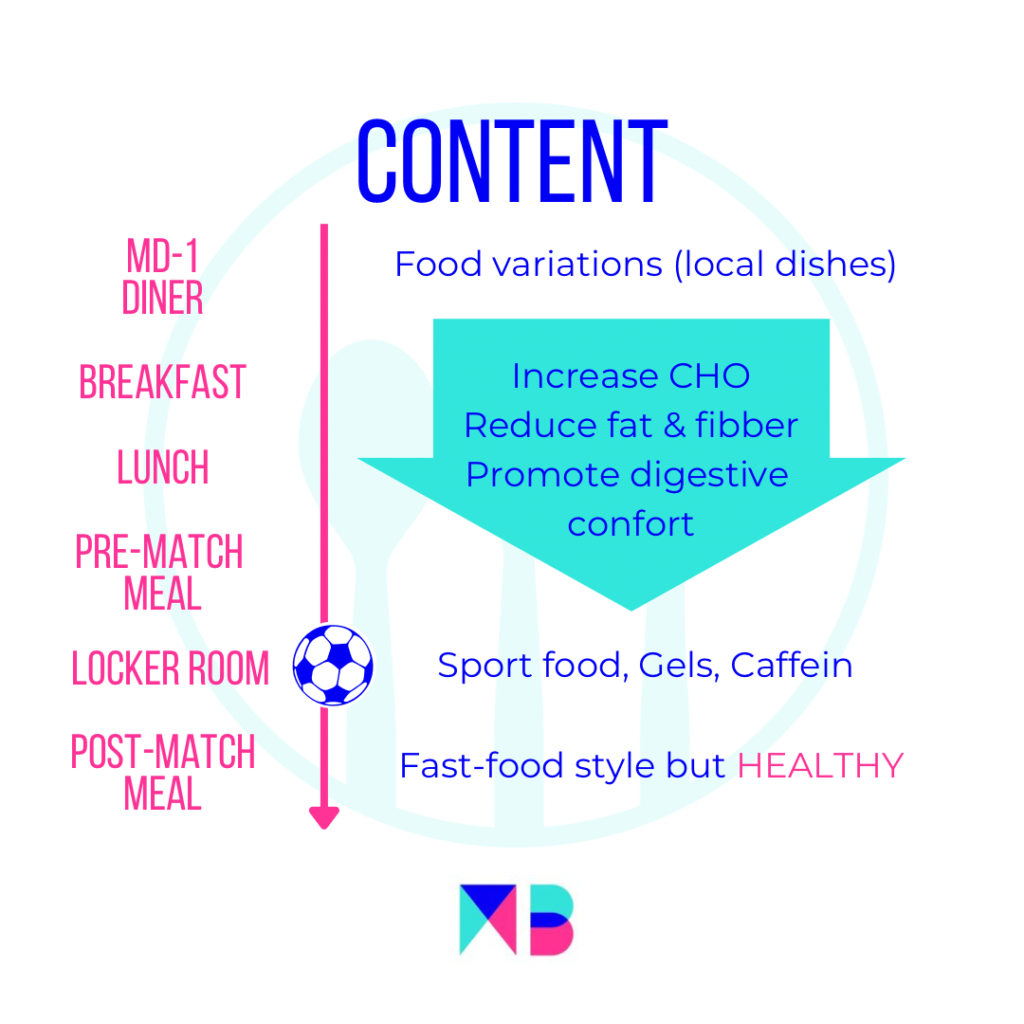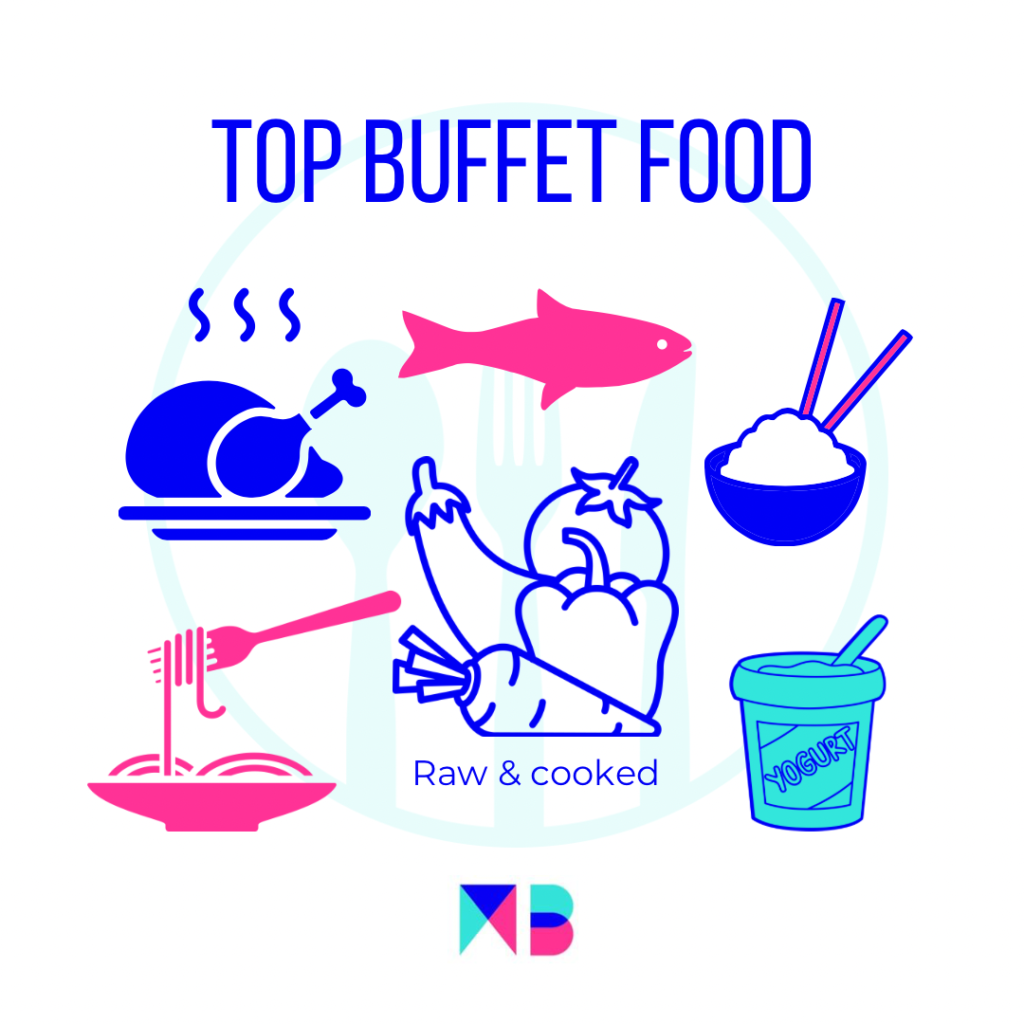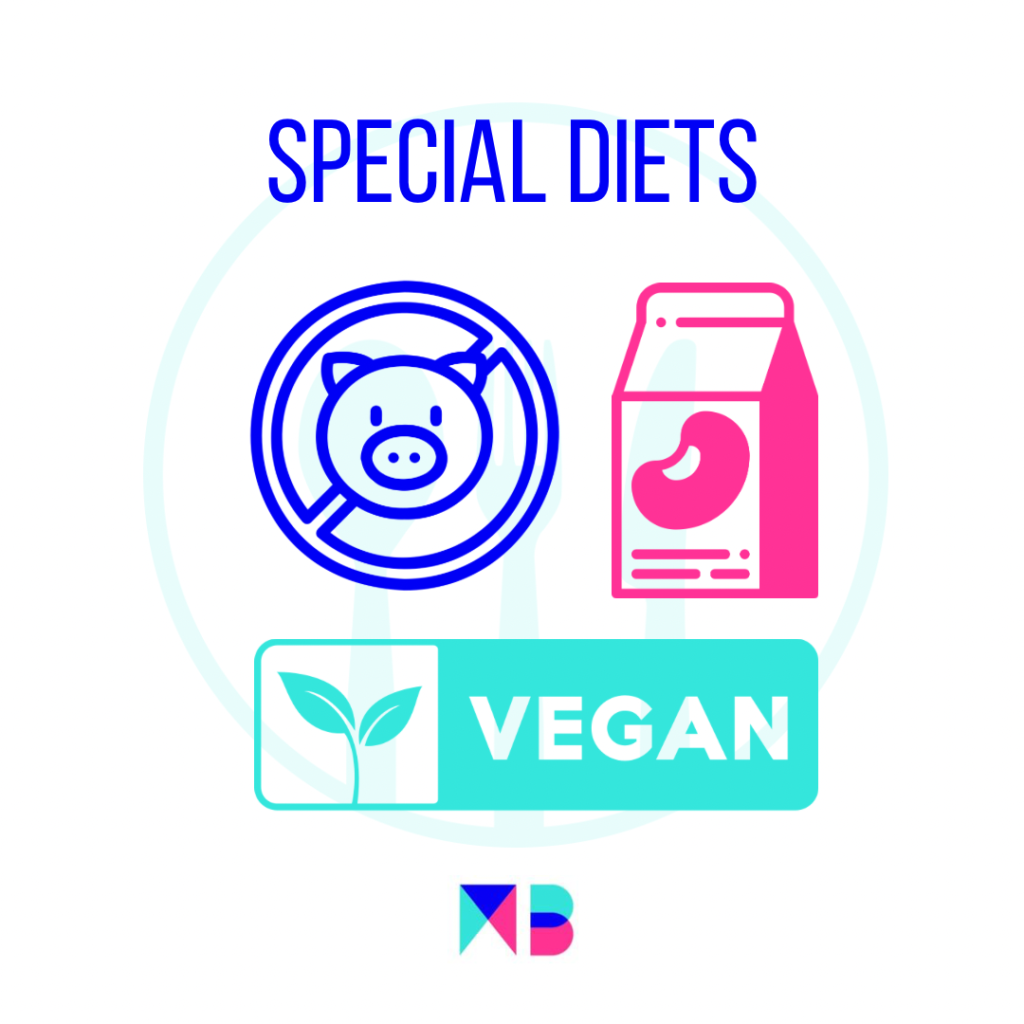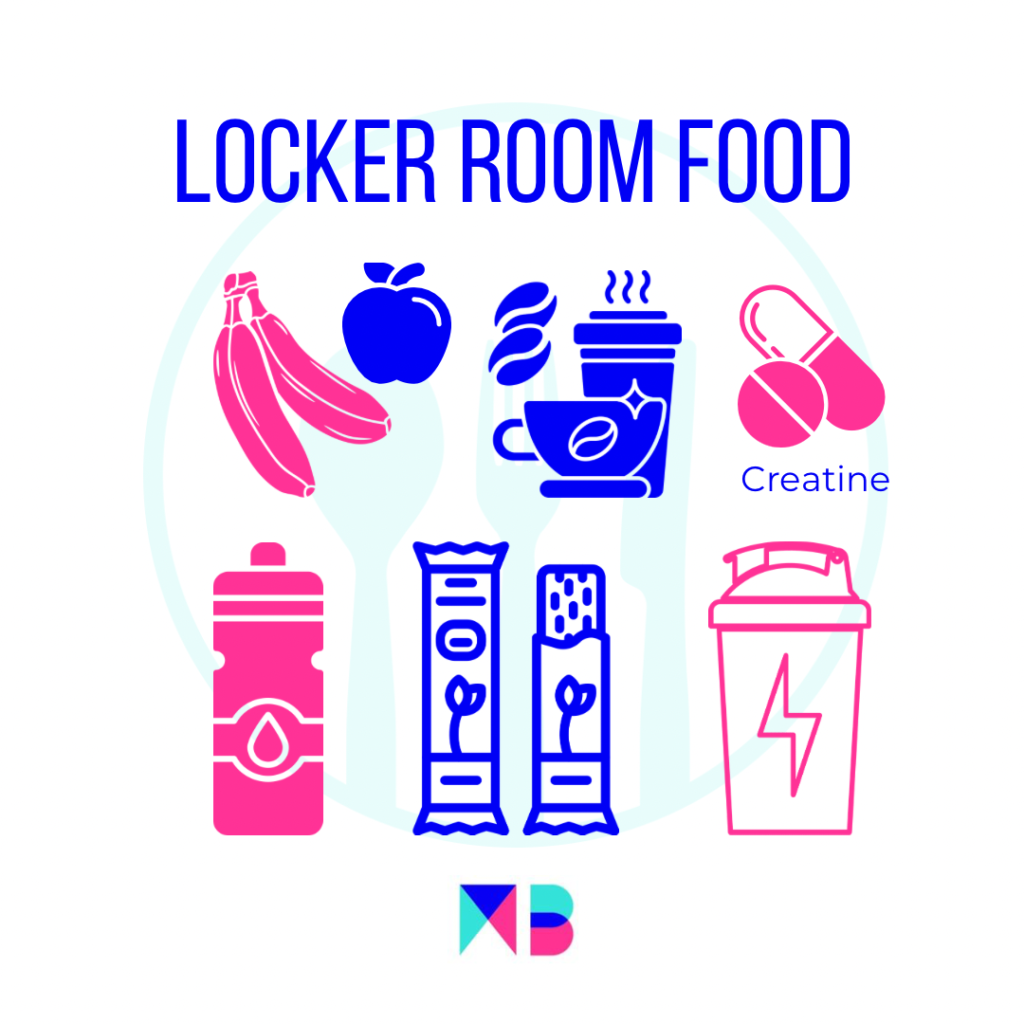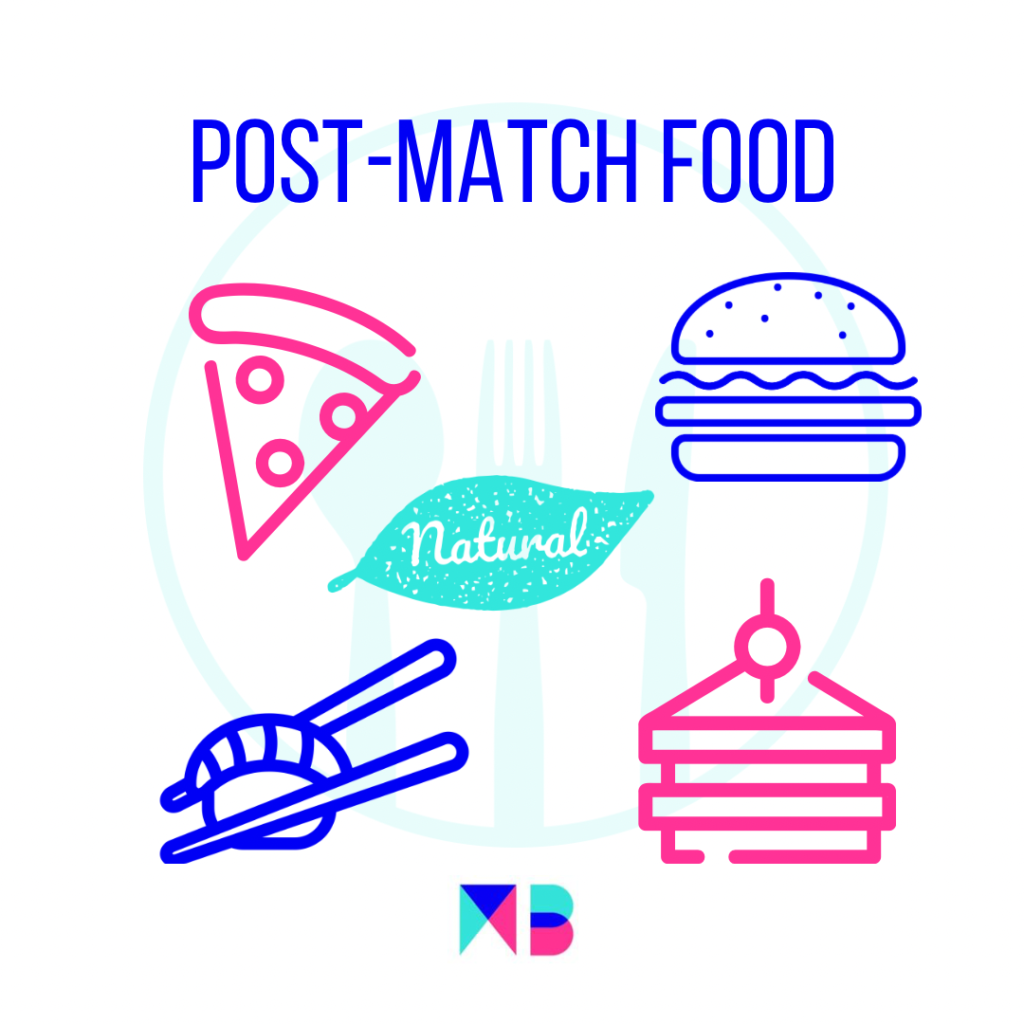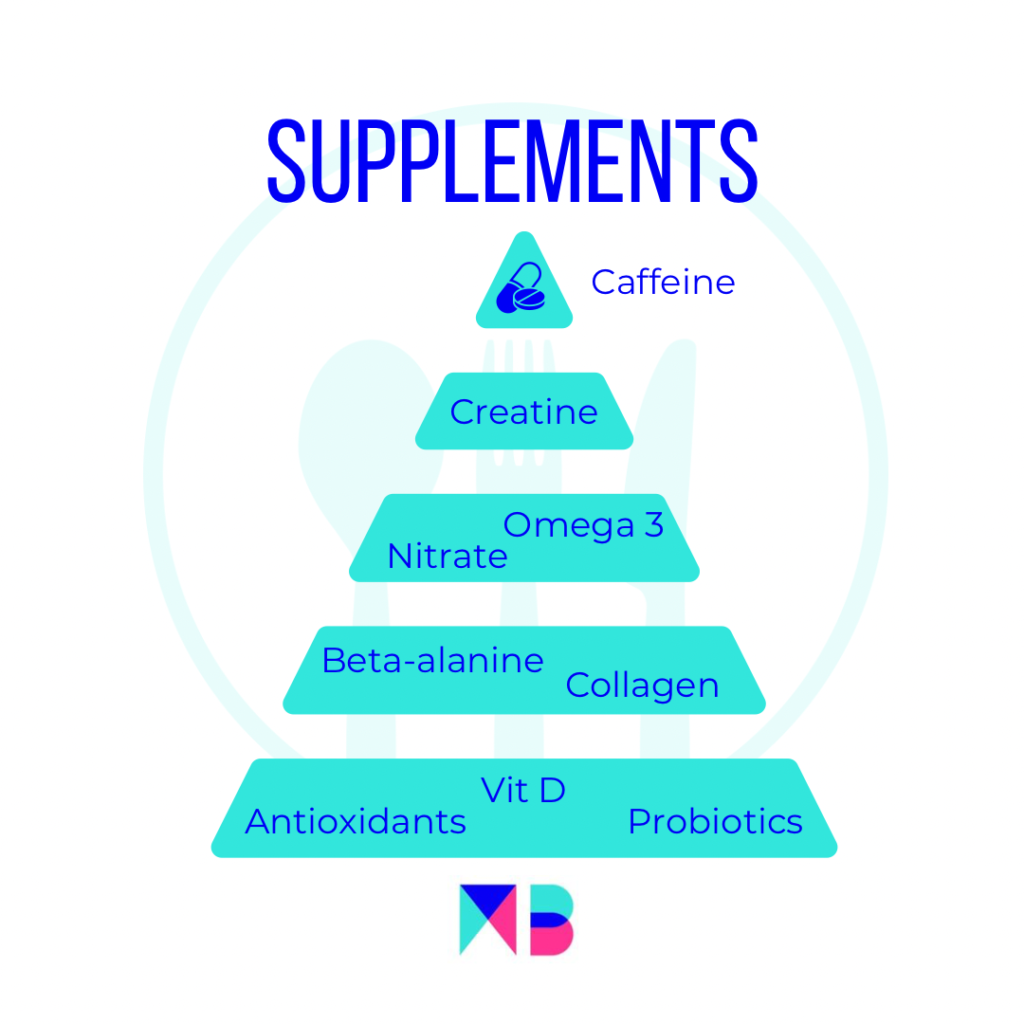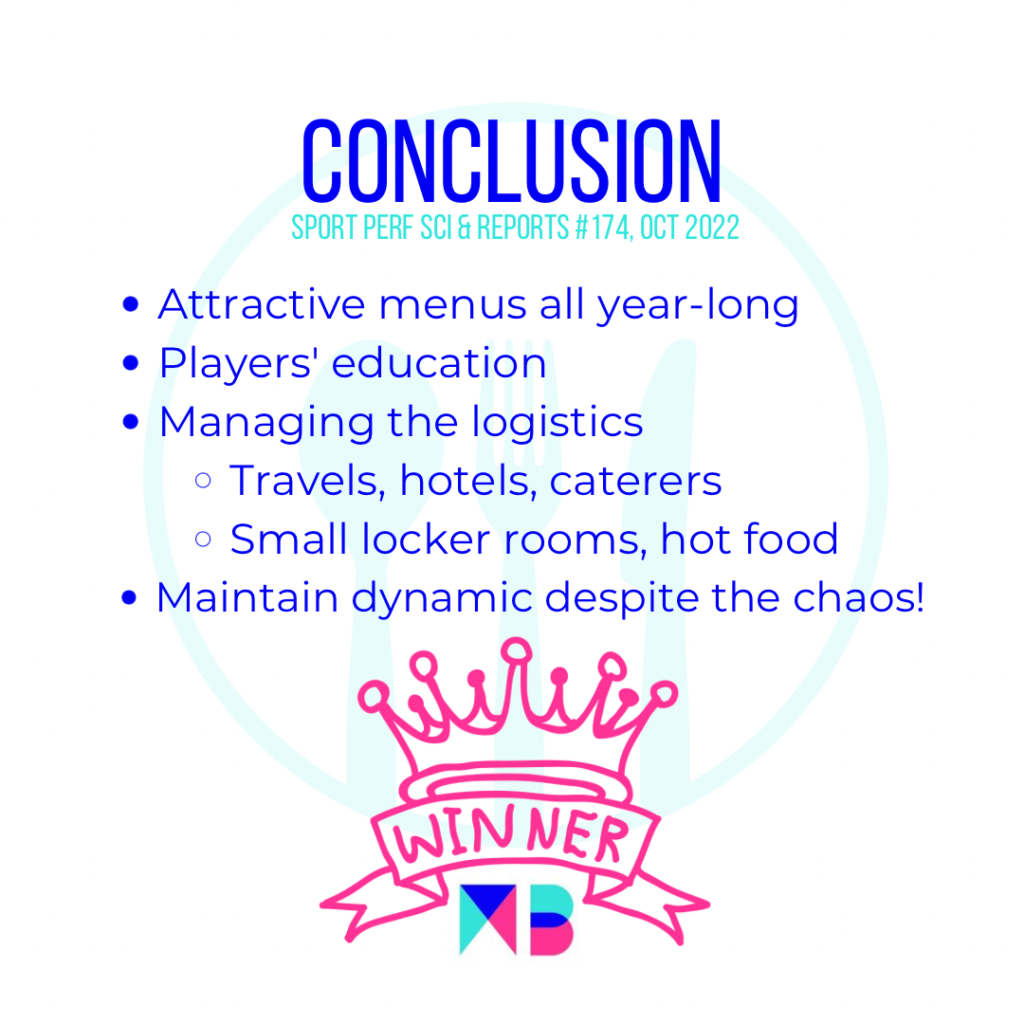Nutritional practices for match preparation in football – real-life insights
Buchheit M, Ramachandran AK, Fabre M, Cock-Le Doré S, Tiollier E, Lacome M. Nutritional practices for match preparation in football (soccer) – real-life insights into the food, the logistics, and the strategies of elite practitioners. Sport Perf Sci & Reports #174, Oct 2022.
Full text here
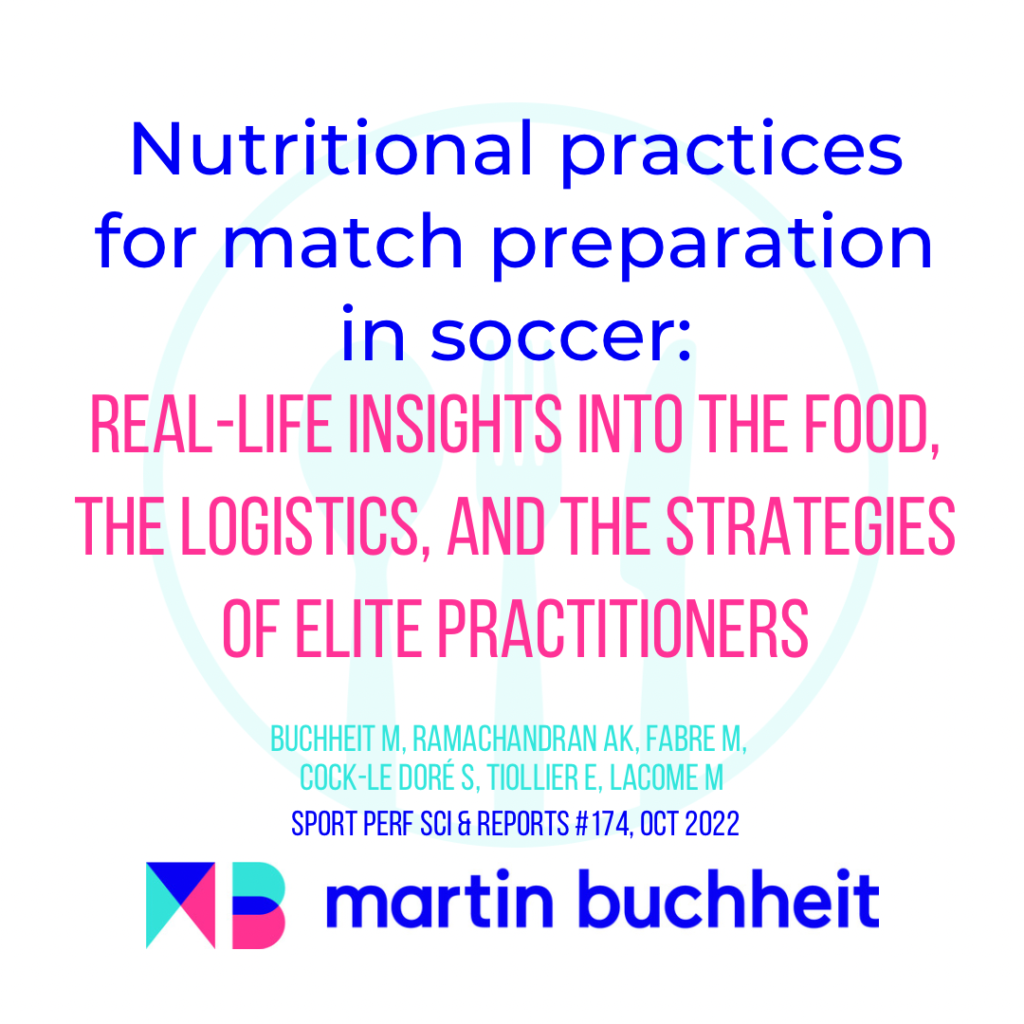
Headline
With the continuous increases in staff numbers and specialized sports science support in elite football, performance nutrition is now completely part of players’ preparation. Academics, researchers, and field experts have all done a great job in producing comprehensive nutritional guidelines (Collins, 2021; Close, 2022; Hulton, 2022), where all typical nutritional aspects are discussed: from optimal meals composition, macronutrients periodization, micronutrients intake, to supplements use for both healthy and injured players – information has never been so accessible and available.
When asking people in the field, however, they often admit that despite their theoretical relevance, these academic resources are often of limited use when it comes to implementing things in practice. While some practitioners have attempted to provide clear examples of real food to be served to players (Hulton, 2022; Little, 2022), all the logistical and planning aspects around meals and supplements serving have to our knowledge been wholly overlooked so far.
In fact, when working as a nutritionist or performance manager for a team, for example, the daily challenges are rarely related to the exact quantity of carbohydrates (CHO) to be ingested pre-match or the grams of protein to be added in a post-match shaker. The pain points are generally more related to the creation of attractive menus, and how to organize and order the right food in a small locker after a match when away for example. While most of the players need to unwind and probably dream about eating fast foods, practitioners still need to find feeding strategies for them to ingest enough energy with the right macronutrients, micronutrients and fibers while factoring in the uncertainty about the stadium caterer (e.g., whether the food will be warm and good enough). Being a successful nutritionist requires some great logistics and planning skills, which have often more impact than their actual knowledge in terms of nutrition!
Aim
Therefore, to shed light on this less documented area of performance nutrition, we surveyed an international group of 62 elite practitioners (from November 2019 to April 2020) and asked them to simply describe what they offered to players, and how things were organized and planned in their context. We focused the questions on match preparation, starting from the meal the night before match day (MD-1) to the post-match meal on match day (MD), and going through MD breakfast, lunch, pre-match meals, snacks, and locker nutrition for both home and away matches. We also quickly taped into supplement use and prescription.

